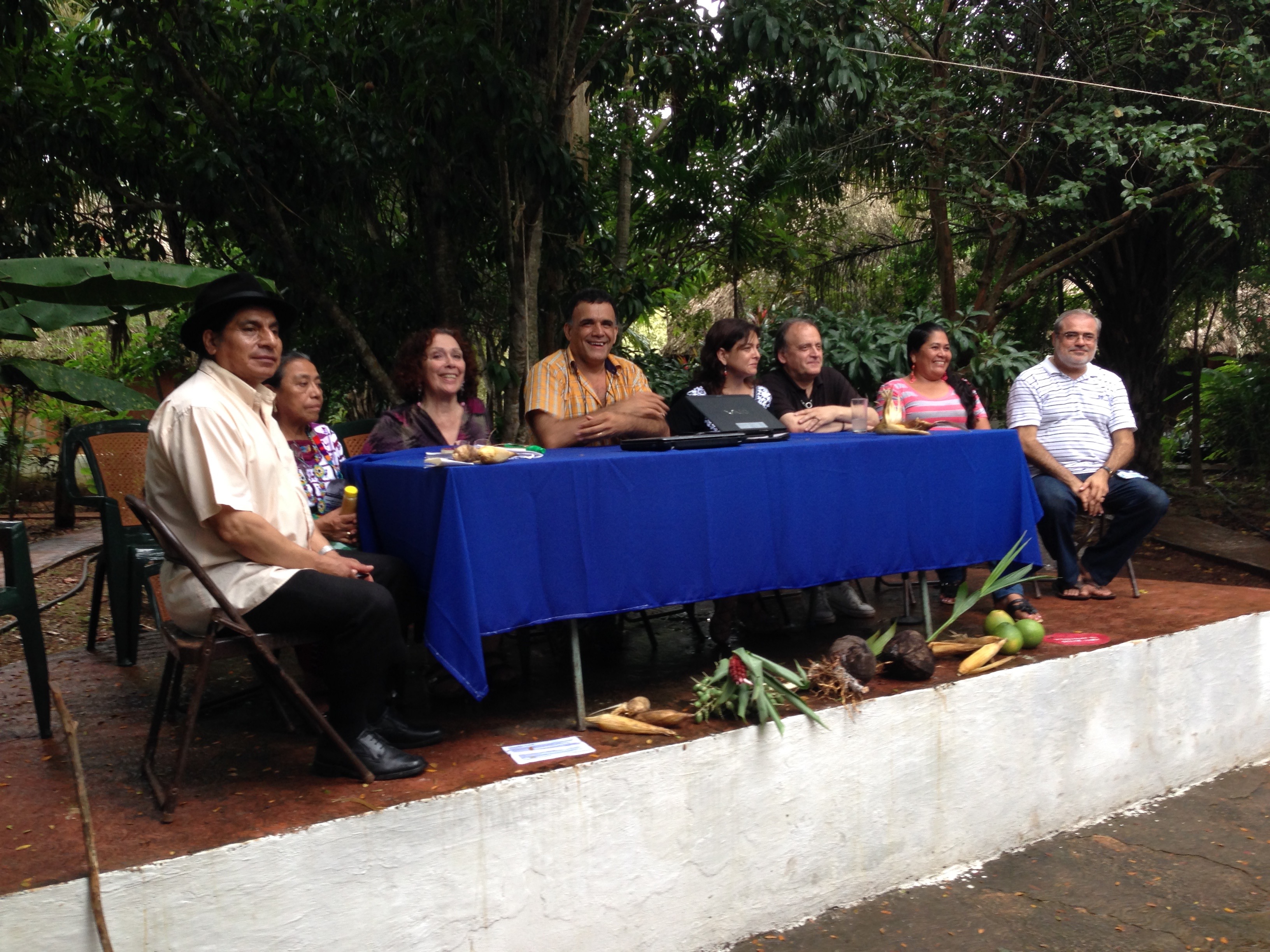Free trade agreements: Mexico. How to get out of corporate submission?
All the versions of this article: [English] [Español]

GRAIN | October 2022
Free trade agreements: Mexico. How to get out of corporate submission?
The Mexican government is about to reconfirm the extent of the Global Agreement between the European Union and Mexico, accepting the split of the terms of the deal as Europeans have insisted. It’s time then to refer to history if we are to understand the true nature of FTAs, these instruments being imposed on us, country after country, in secrecy and disregard of the population.
The North American Free Trade Agreement – signed by Canada, Mexico and the US – was the first free trade deal negotiated outside the multilateral system (GATT/WTO). It came into effect in 1994, and quickly became ”the model” for all others.
Mexicans suffered devastating impacts of NAFTA: loss of food sovereignty to cheap imports, privatisation of seeds, loss of land and livelihoods, increasing crime, migration and pollution, new epidemic of obesity, labour abuse, etc.
But they learned one overarching lesson: that free trade agreements twist and dismantle laws, regulations and legal processes in order to open up space for corporations to operate. This “diversion or deviation of power” is their main function.
To enter the agreement, Mexico offered “comparative advantages”: the dismantling of labour conditions and almost all environmental regulations. The result? The rise of the maquiladora or sweatshop economy and the expansion of transnational supply chains, which now account for 30-60% of all global trade. Despite promises of “wage convergence” and “modernisation” of labour rules under the revised NAFTA (now called USMCA), the disparity of working conditions between Mexico and its neighbours to the north is enormous. Environmentally there are at least ten “sacrifice zones” where pollution and devastation are unbearable.
Parts of Mexico’s Constitution that defended community rights were changed through NAFTA. The Constitution’s articles on labour conditions and peasants’ agrarian rights were both reformed to suit corporate interests.
Laws were changed to privatise land through individual titling and to allow foreigners to purchase collectively held territories. The collective nature of the traditional pairing water-land in Mexico was torn apart. Communities resisted, but migration to the US soared as a result of land grabbing by mining, farming and energy companies, and the violence that this unleashed.
No reforms were made to suit the interests of local communities.
Dispute settlement moved from public courts to private arbitration. NAFTA also created new rights for companies to challenge Mexico’s domestic laws and regulations. Communities did not get any such rights or powers.
Since 2007, Mexico’s seed law turned what Indigenous and rural peoples had been doing for millennia – caring for, improving, multiplying and sharing their seeds – into a crime. Only the global seed industry benefits.
In 2011-2014, a Permanent People’s Tribunal (PPT) was organised to expose, explain and contest all these impacts from the point of view of the people affected.
This Tribunal examined the role of NAFTA as a blueprint to change the terms of reference of trade, cooperation and investment relations, and eventually the entire network of relations between governments, and between them and their societies. In the collective account that was the final result of this PPT exercise, the juries reaffirmed that FTAs were also promoted because of their potential to gradually subdue national and international legal structures to the discretion of the economic interests of corporations. The result is a submission of law to the corporate powers almost everywhere.

It found that as a result of this “deviation of power” triggered by NAFTA and succeeding trade deals, the Mexican people cannot hold the government to account. And that the people who resist is submitted to repression; one that entails harassment, imprisonment, forced disappearance or assassination.
After 28 years of operation of NAFTA and after dissecting its effects during three years of collective reflections of thousands of persons, organisations and communities involved in the process of the PPT, there is strong evidence to insist that trade and investment agreements are tools for the “deviation of power” away from communities and into corporate boardrooms. This is what the experience of people in Mexico teaches us.
As a conclusion, reforming these trade deals is not the answer. We need to abolish them if we are going to get out of this corporate submission.
We shall insist that particularly the “inspirational collective leadership of indigenous peoples’ resistance based on anti-colonial politics and worldviews offers real hope for possibilities beyond pragmatic liberal reformism”, as bilaterals.org has said. “A commitment to long-haul organising to bring about systematic change is crucial [...] Despite ongoing repression and criminalisation of social movements, the political disruption and distraction caused by right-wing populists and neoliberal centrists across the world opens up space to be bold about what we are fighting for. We need radical political imagination”. [1]
We have produced a detailed study/story of NAFTA, with its eternal wake of treatises and agreements, its effects, and the tools to analyse and organise resistance against the impacts of FTAs.
Read more & find a platform for action (pdf)
Footnotes:
[1] bilaterals.org, Trade politics in flux: what social movements responses?” https://www.bilaterals.org/?trade-politics-in-flux-what-social





